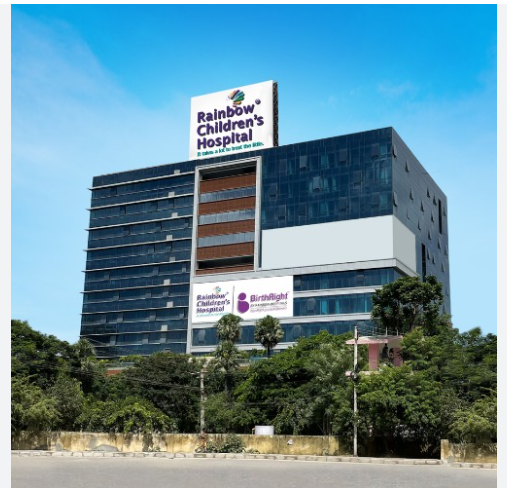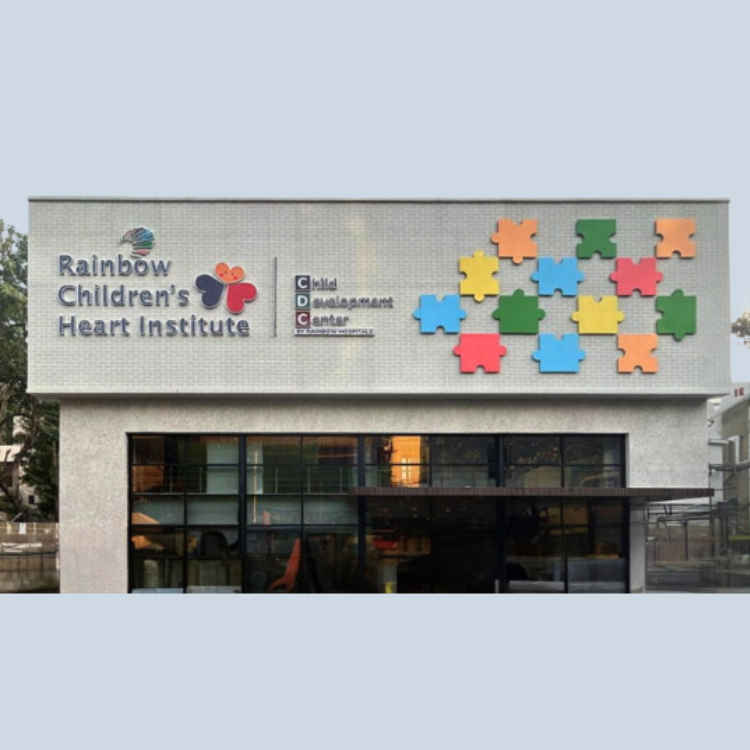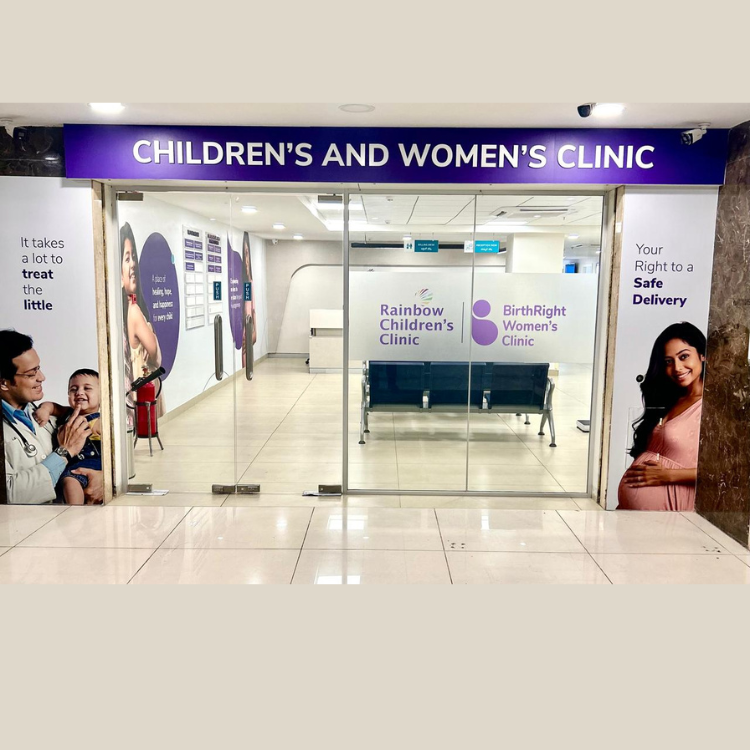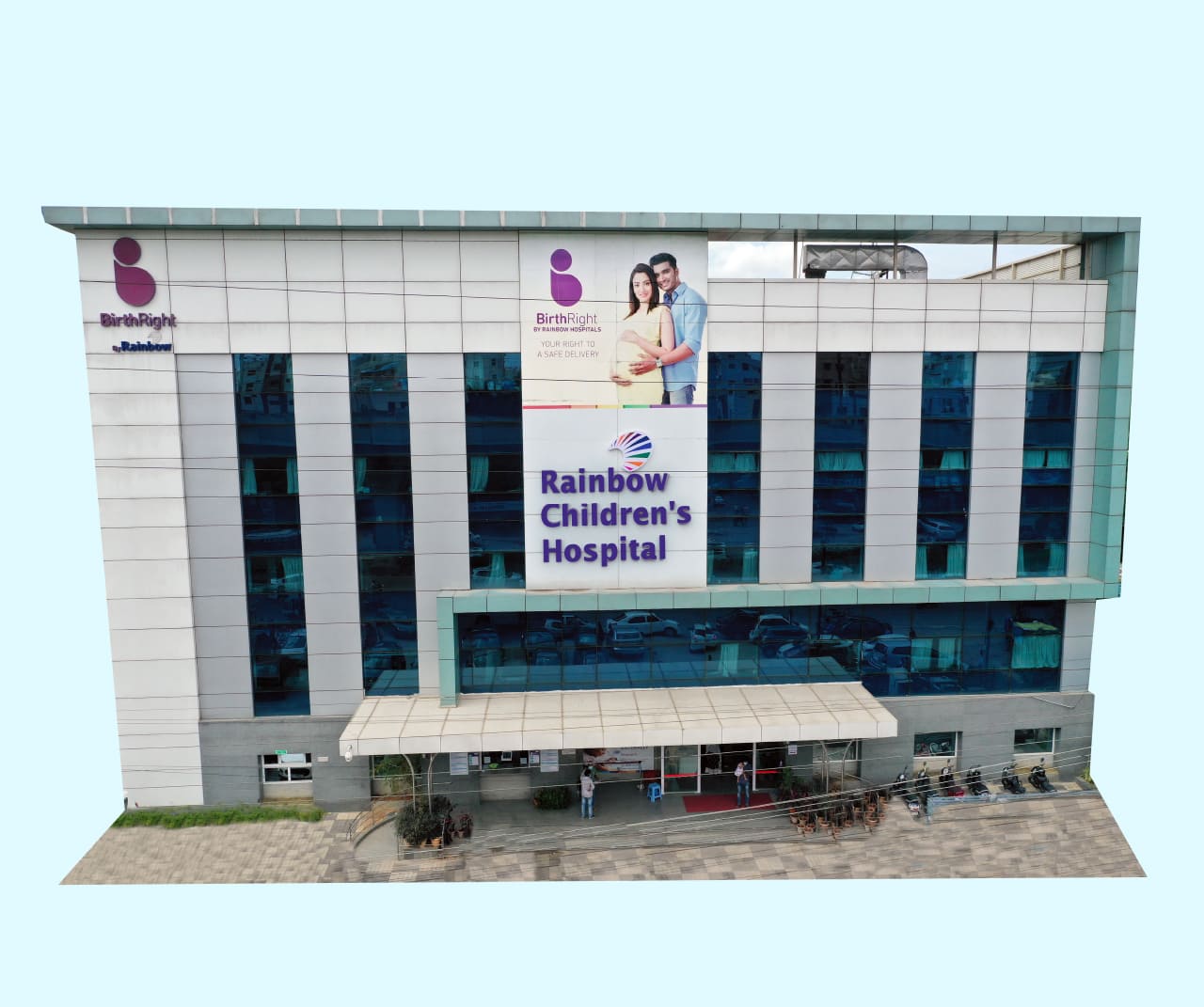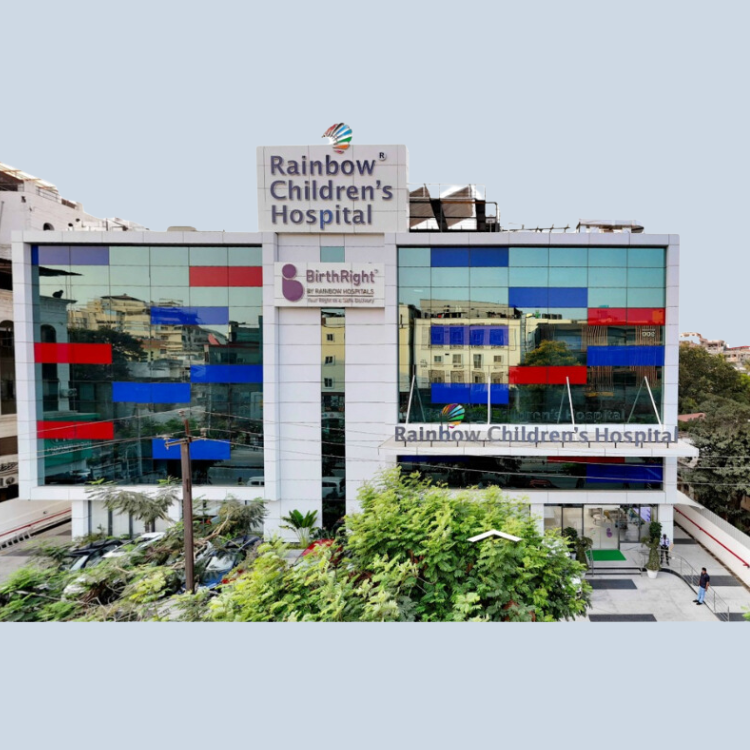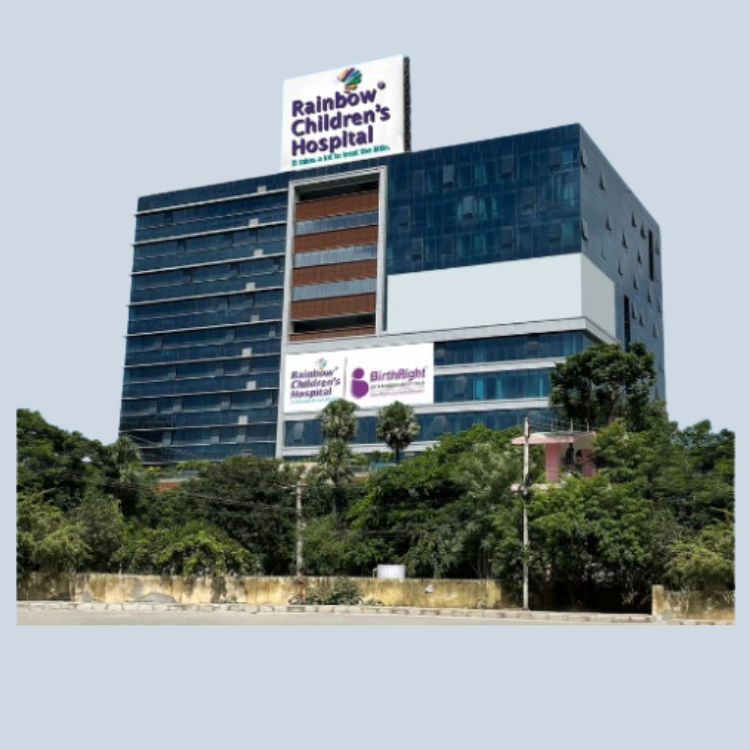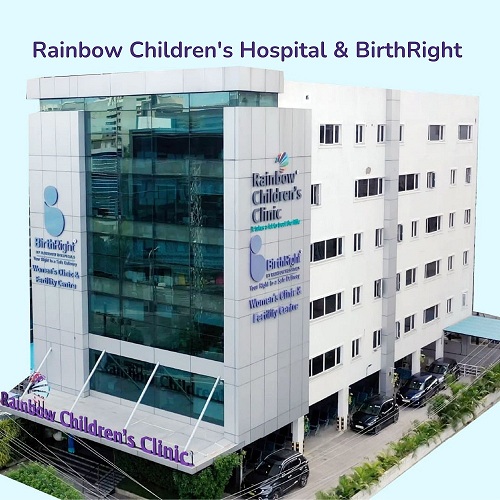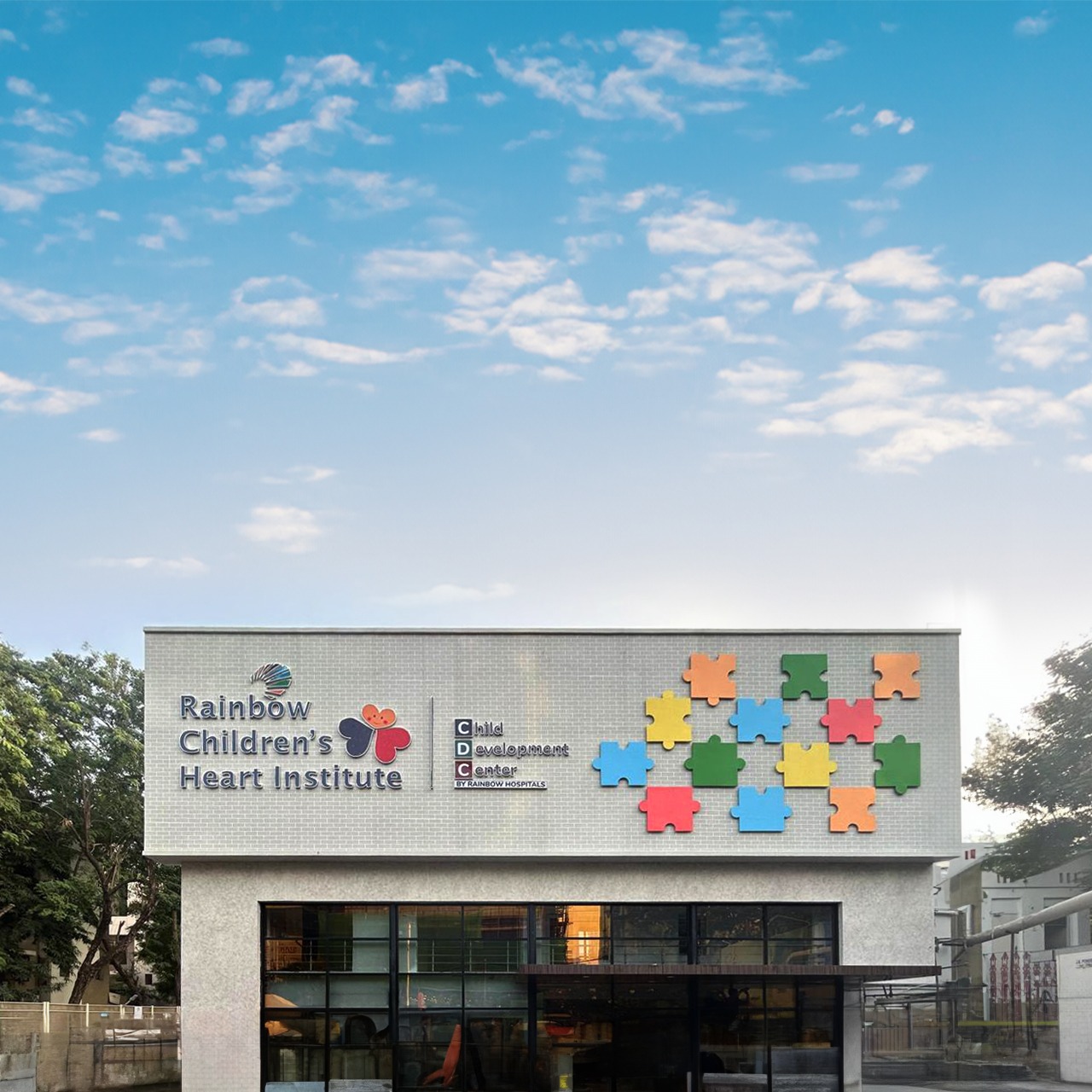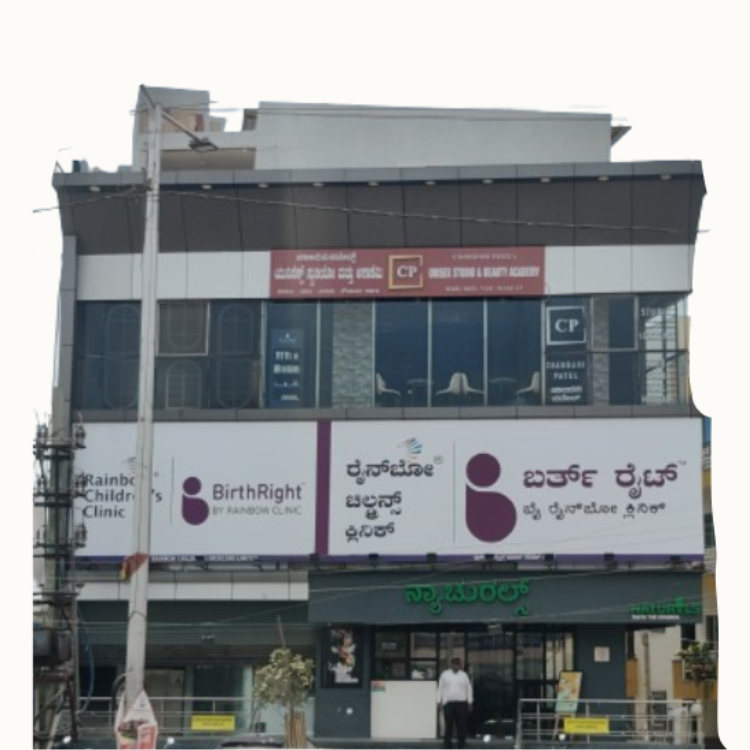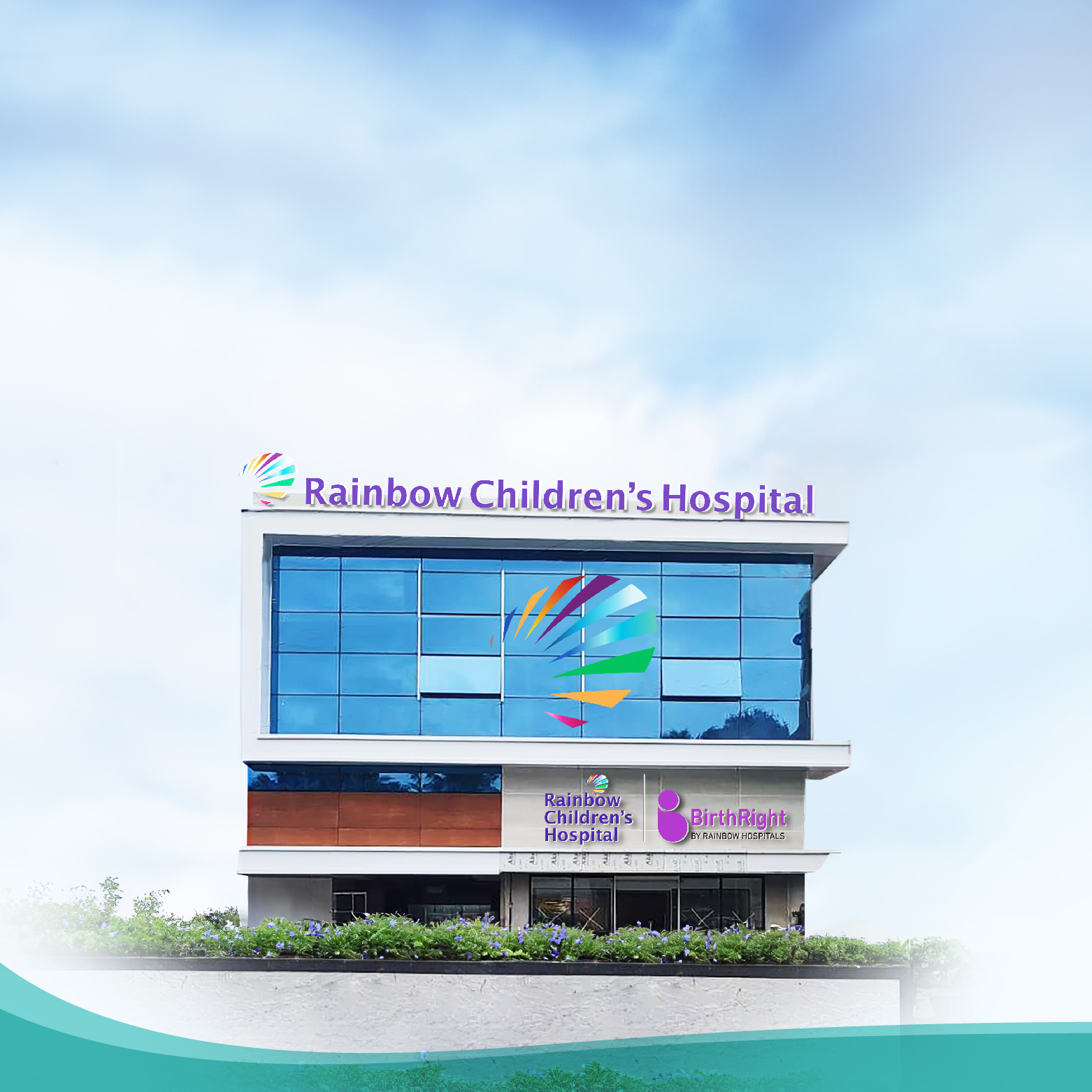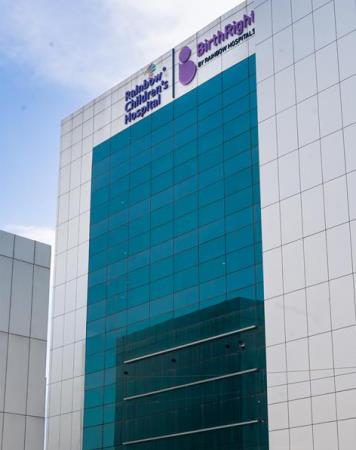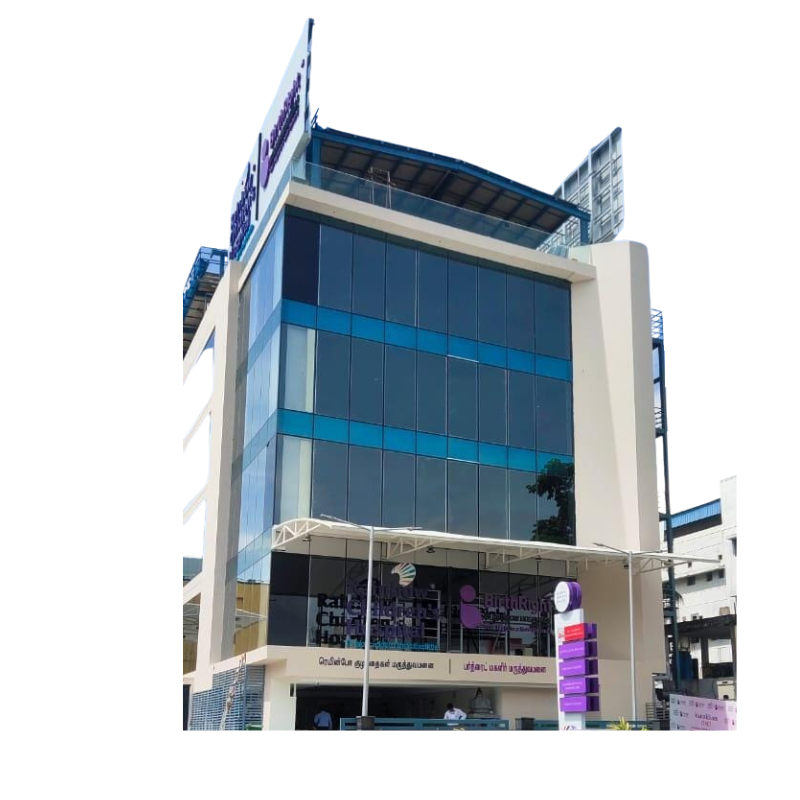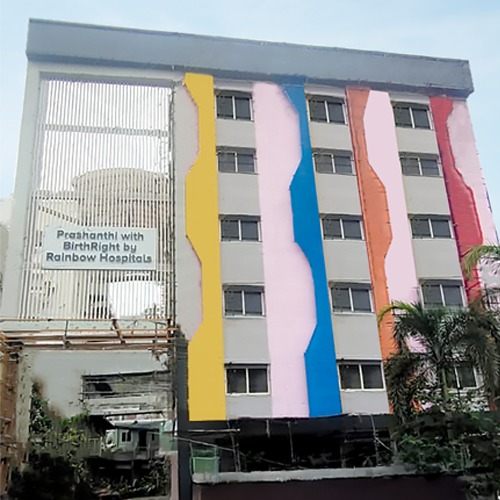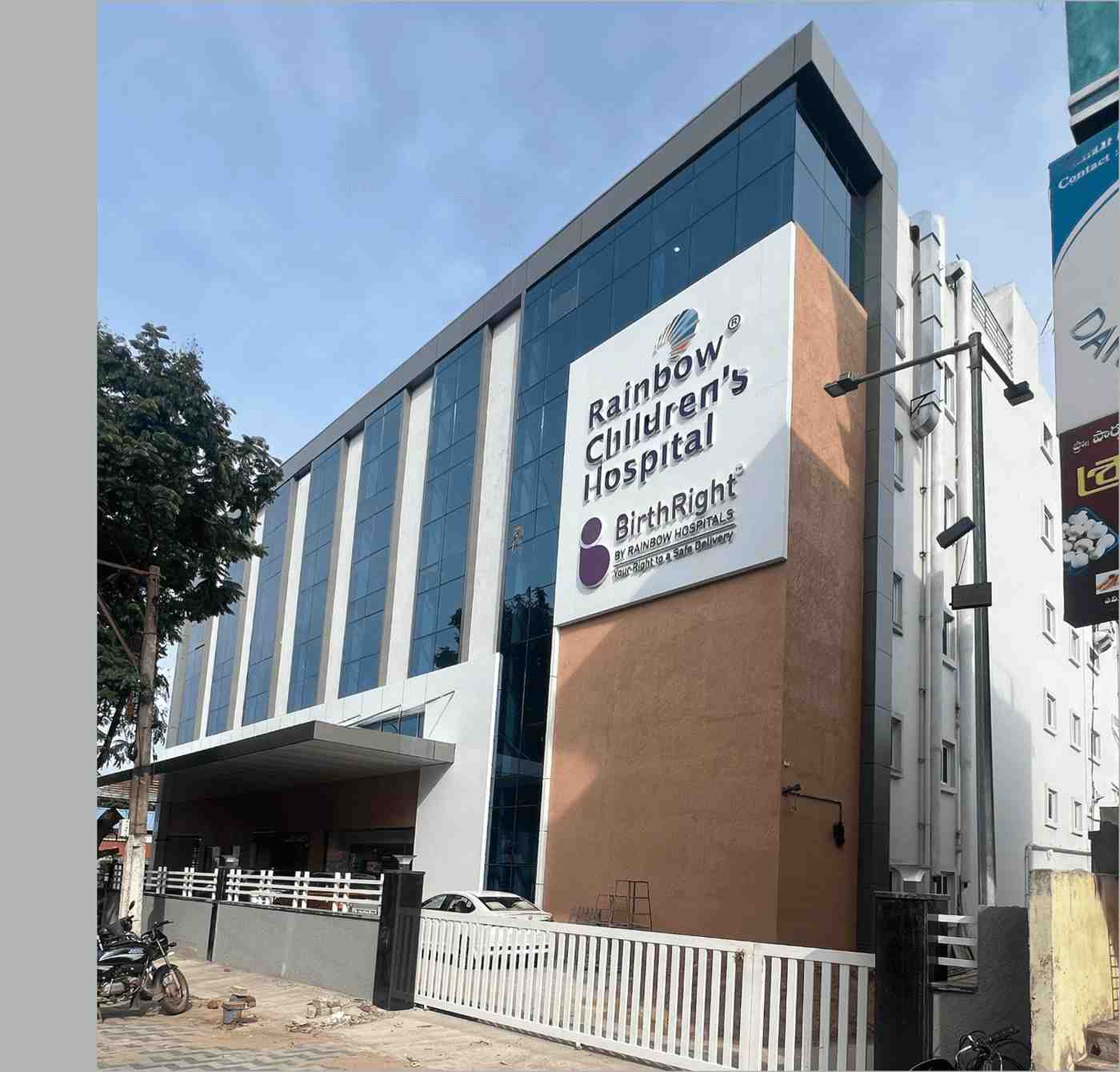Best Treatment For Patent Ductus Arteriosus in Children, Vizag
Best Treatment For Patent Ductus Arteriosus in Children, Vizag , In Vizag, the management of Patent Ductus Arteriosus (PDA) in children involves specialized care provided by pediatric cardiology centers. PDA is a congenital heart defect where a blood vessel called the ductus arteriosus, which usually closes after birth, remains open, causing abnormal blood flow between two major arteries near the heart. While specific centers specialize in pediatric cardiology, the commitment to comprehensive treatment for children with PDA is evident across Vizag's medical facilities.
The treatment for PDA largely depends on the child's age, size, overall health, and the severity of the defect. In cases where the PDA is small and not causing significant symptoms or complications, the healthcare team might adopt a watchful waiting approach. However, for larger PDAs or those causing symptoms, treatment is necessary to prevent potential complications.
One common approach to closing a PDA is through cardiac catheterization, a minimally invasive procedure where a small device (a closure device) is guided through a catheter and placed into the PDA. Over time, the device encourages the body to grow tissue around it, effectively closing the opening. This method often avoids the need for open-heart surgery, resulting in quicker recovery and fewer complications.
In some instances where the catheterization procedure is not feasible, open-heart surgery might be recommended. During this surgical intervention, the surgeon closes the PDA using stitches or clips. Although more invasive, surgery is still highly effective and safe.
The emphasis on specialized pediatric cardiology care, individualized treatment plans, and a multidisciplinary approach involving cardiologists, pediatric surgeons, and supporting medical staff underscores the comprehensive approach to managing PDA in children across Vizag's medical centers. The primary goal is to ensure optimal heart function, prevent complications, and support the child's overall well-being.

Leading Hospitals
Rainbow Children's Hospital stands as a testament to the hospital's continual pursuit of excellence and innovation, providing specialized care for women and children.
Children with PDA may display symptoms like rapid breathing, poor feeding, failure to thrive, increased heart rate, or frequent respiratory infections. However, some children might not show any noticeable symptoms.







